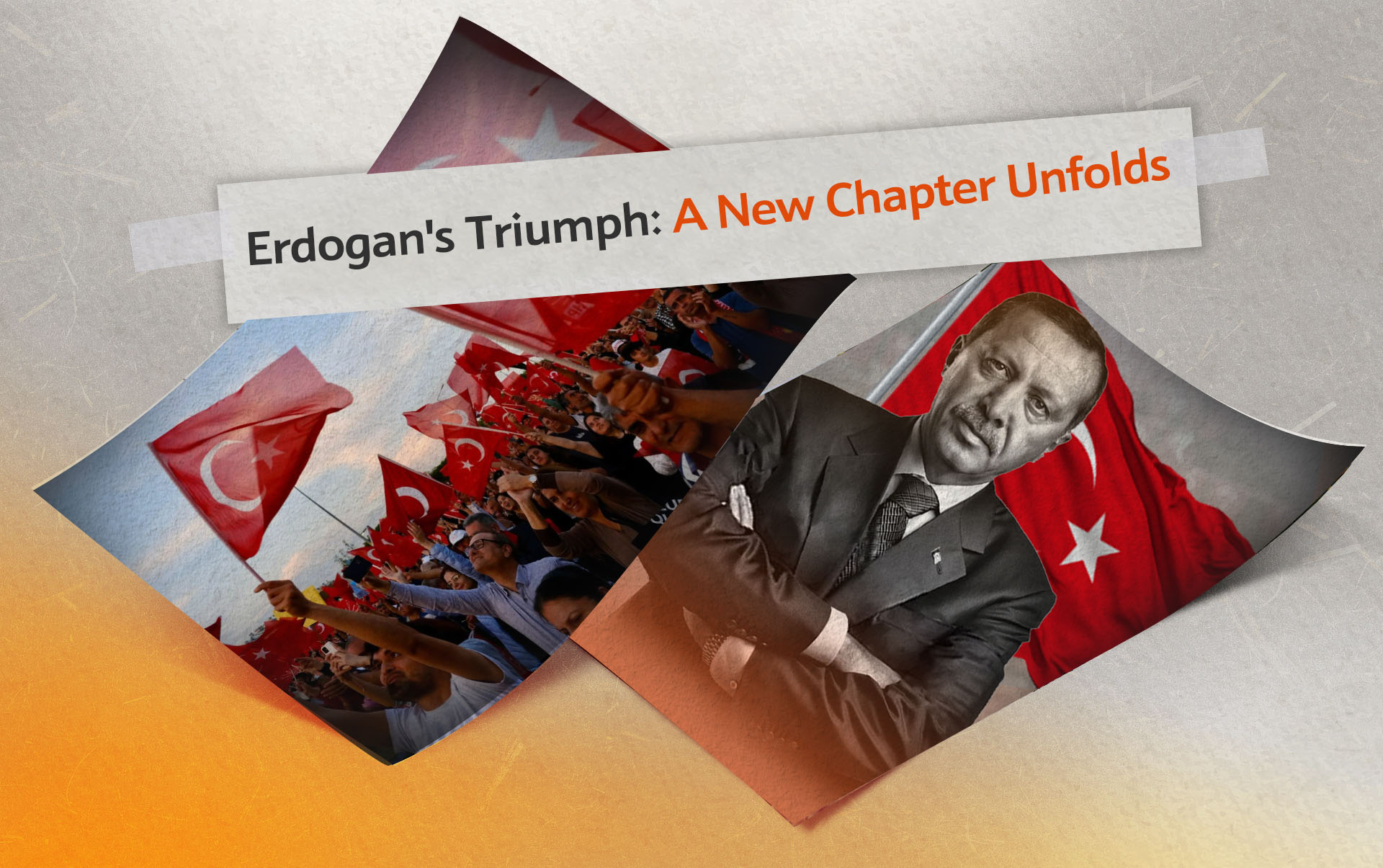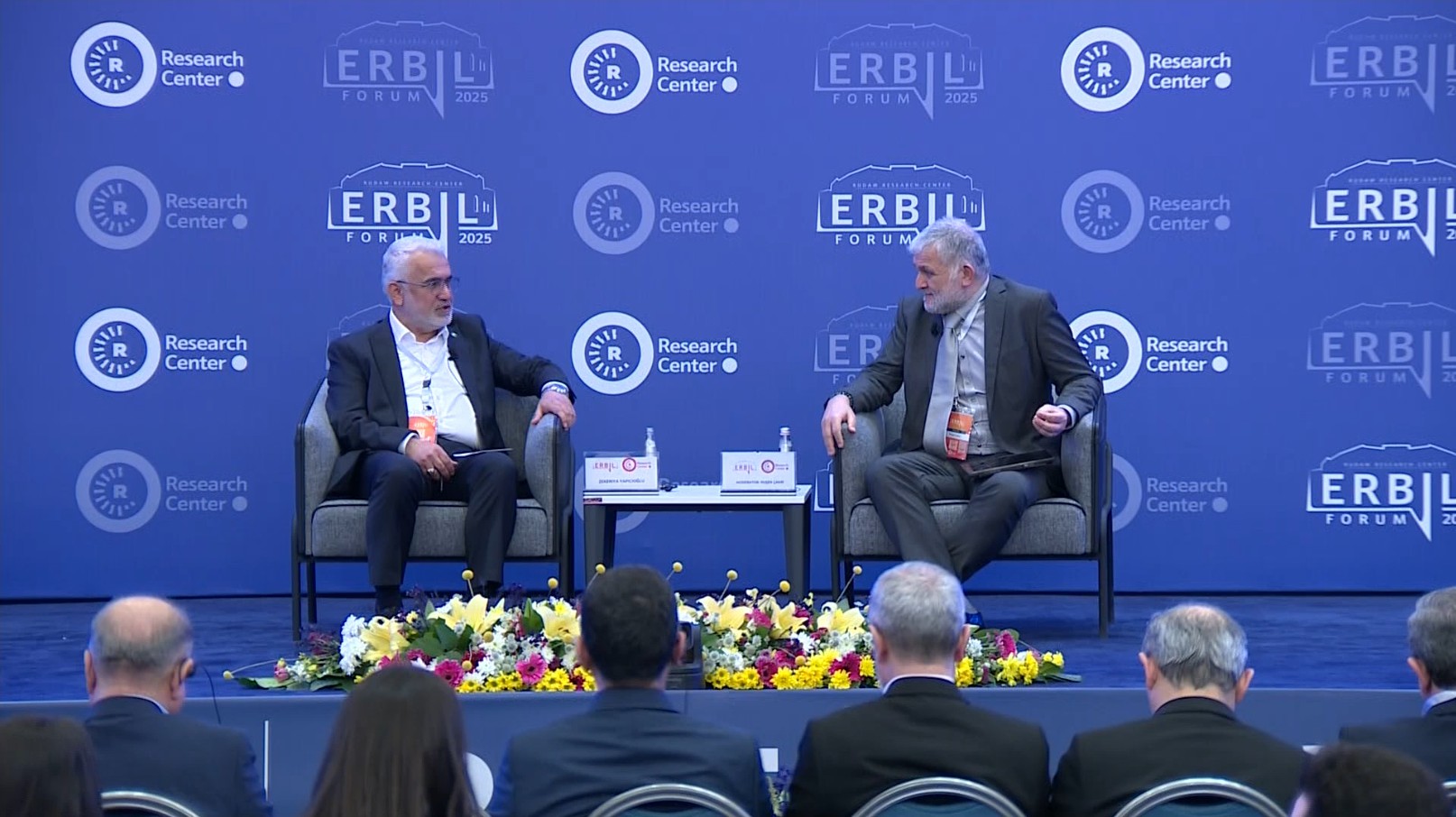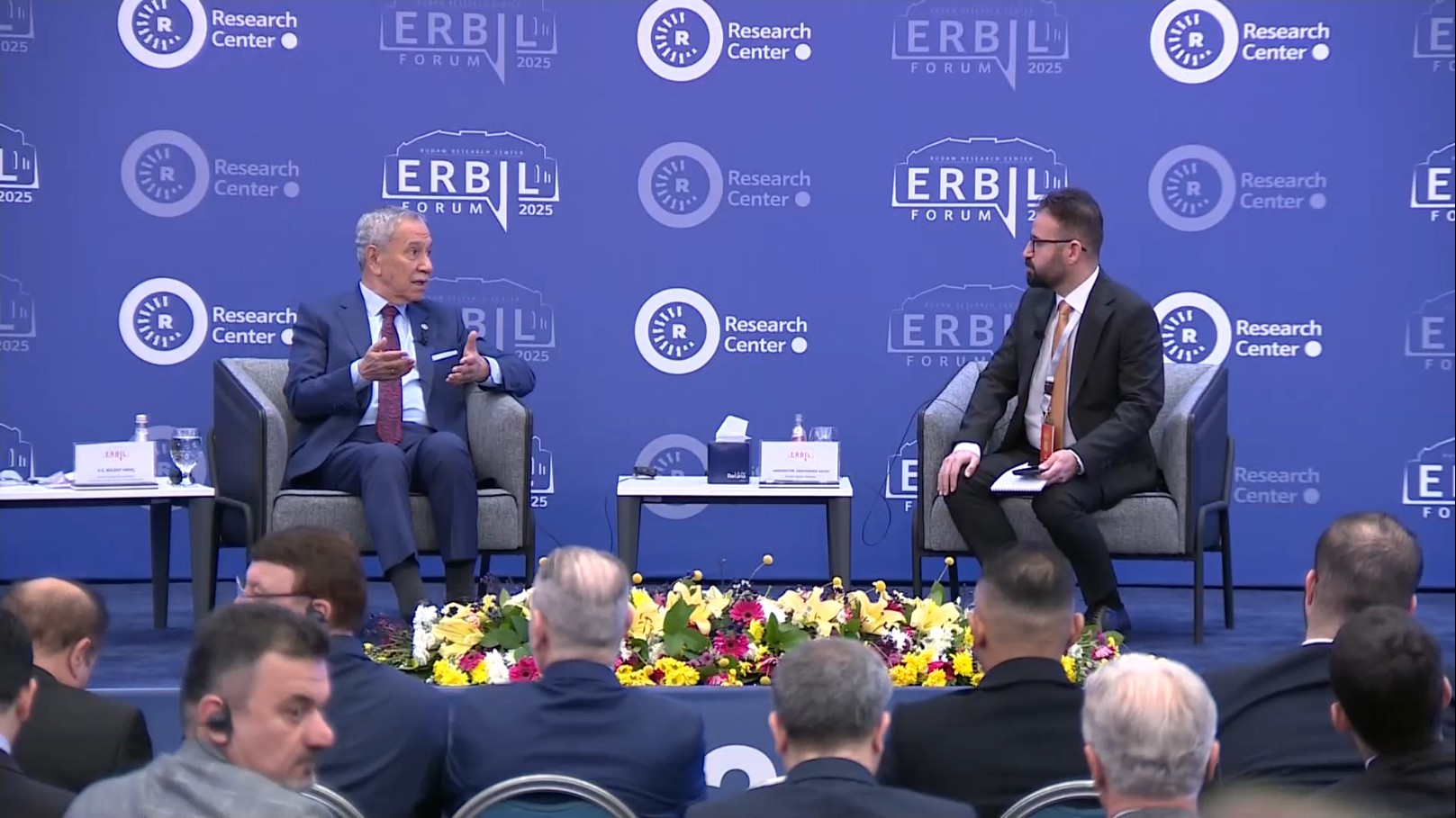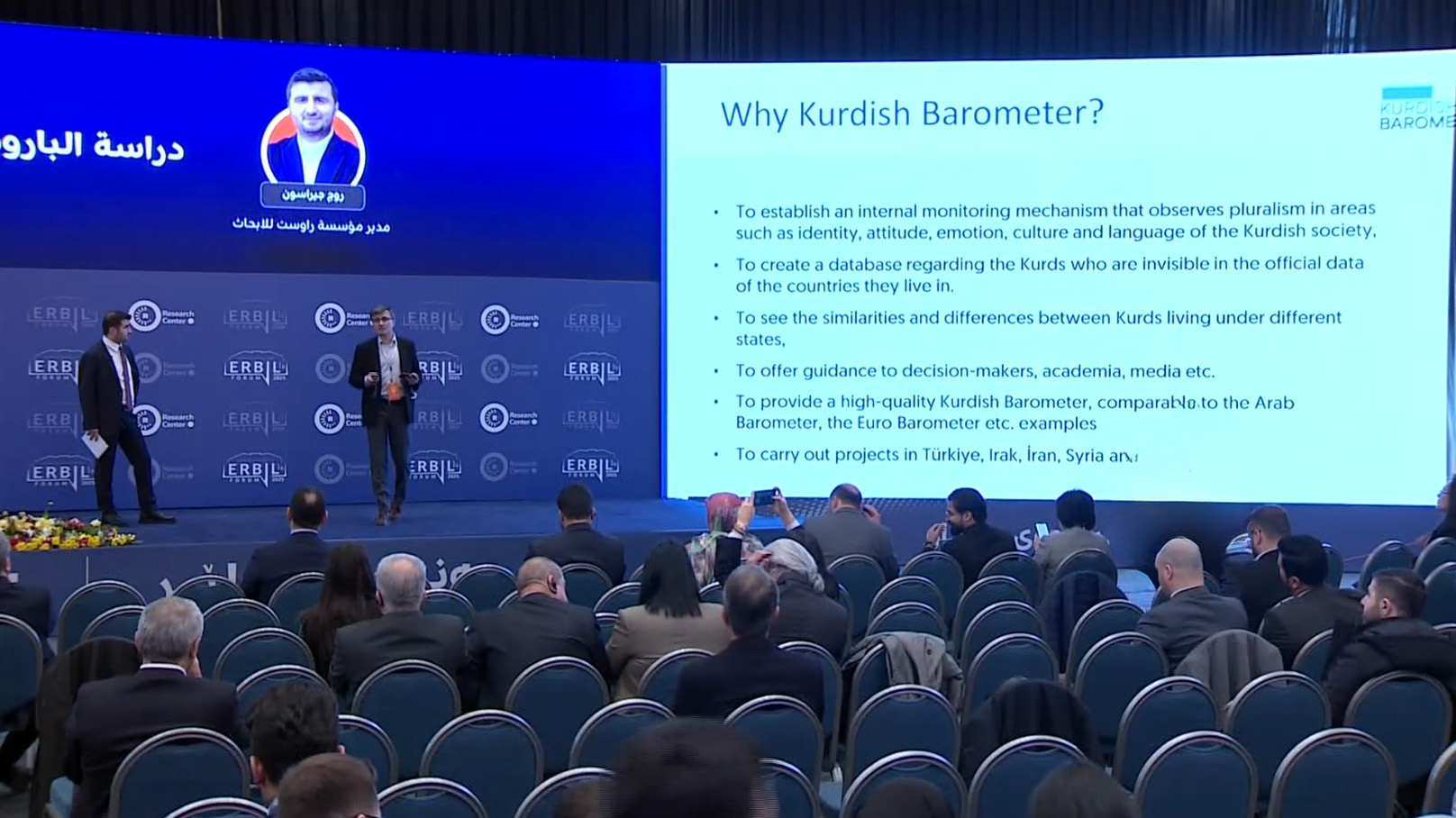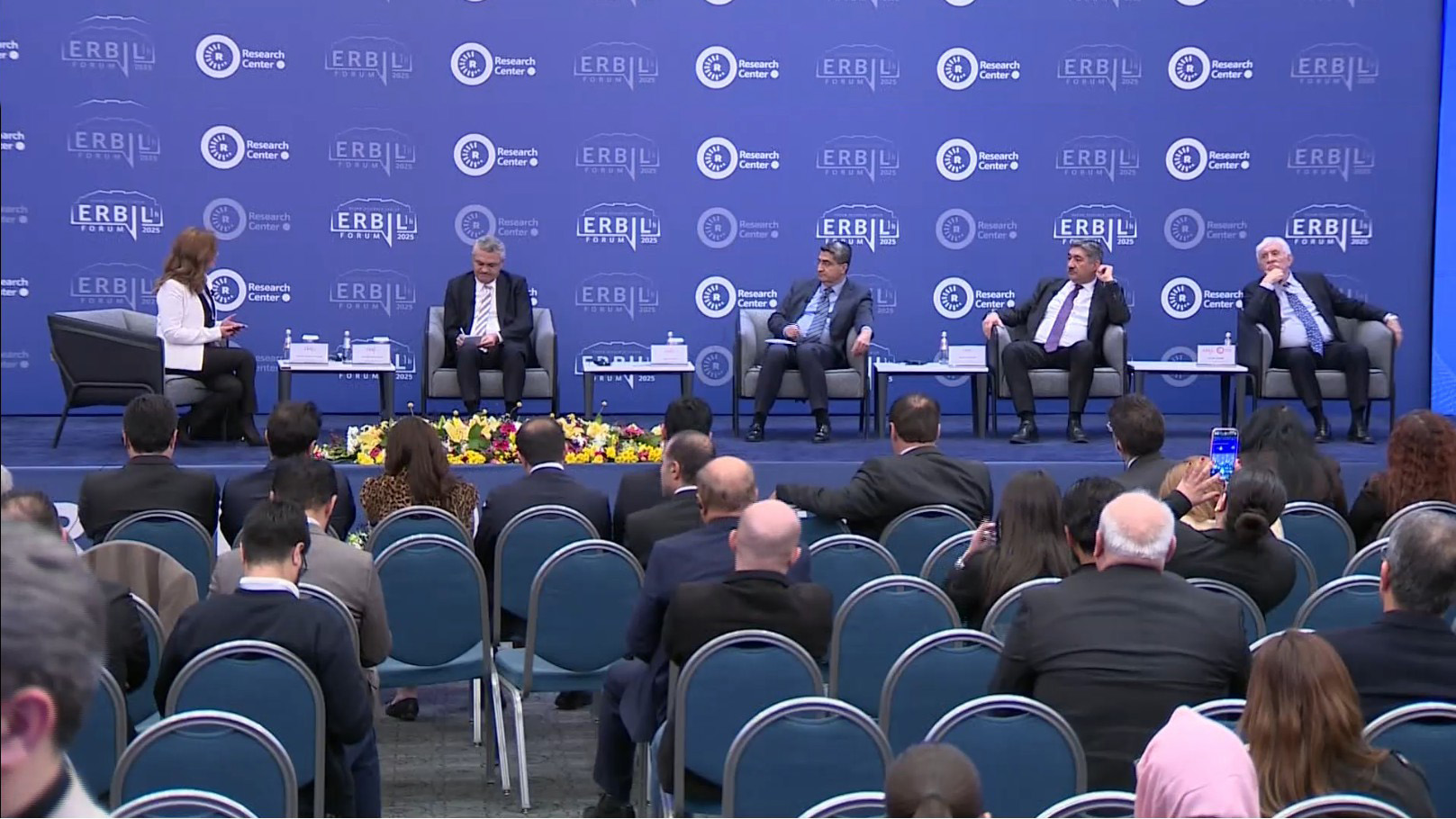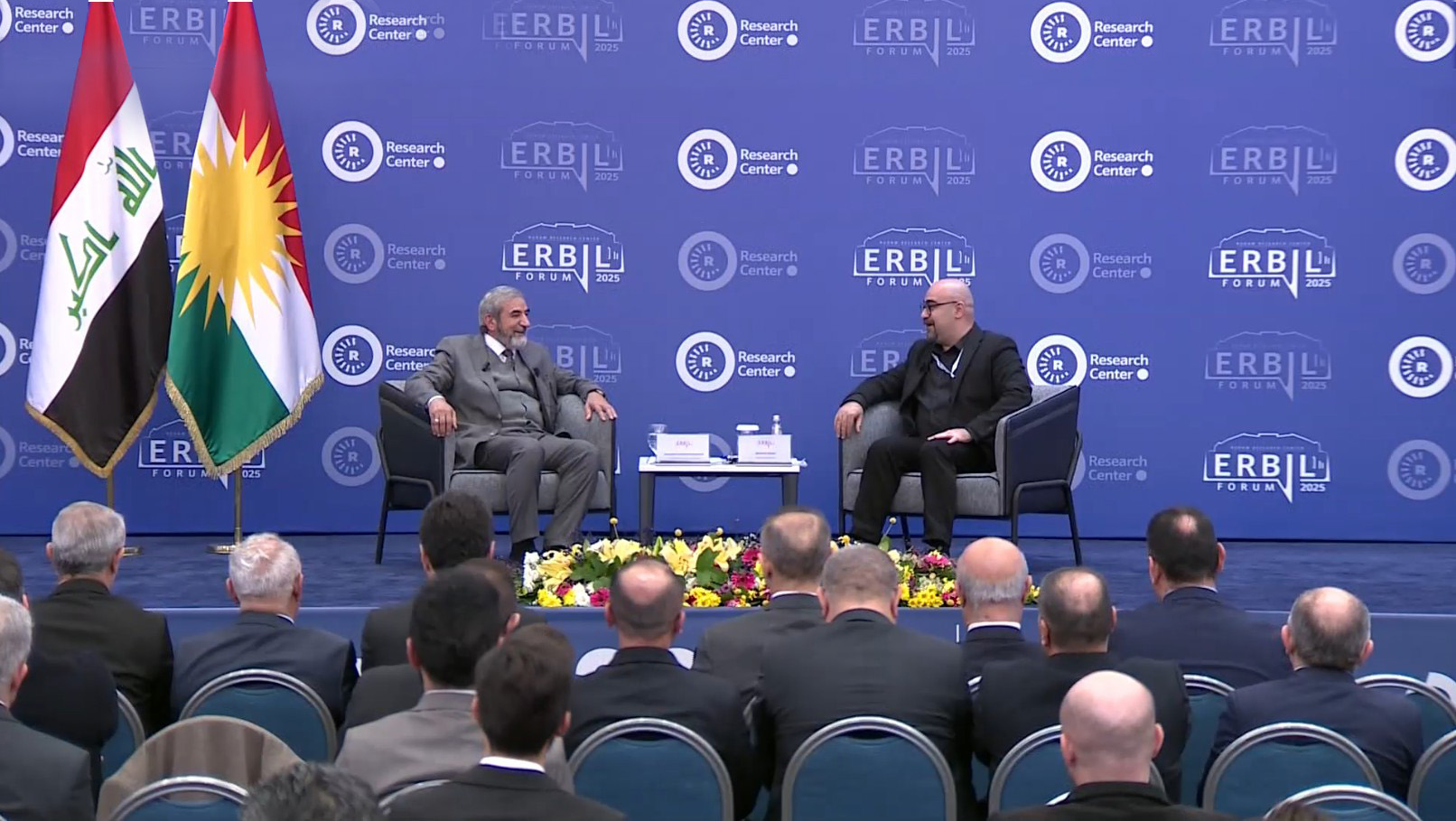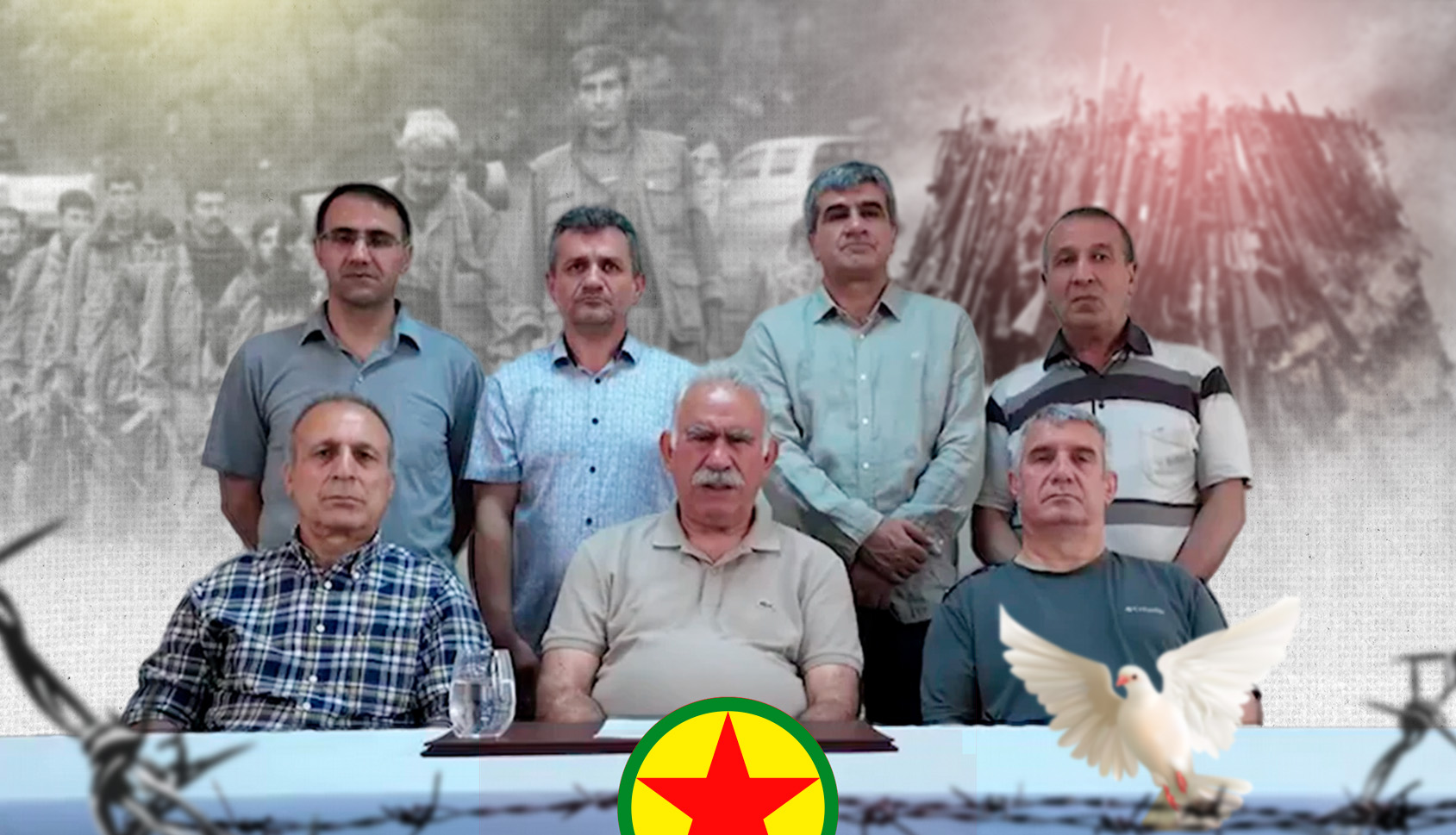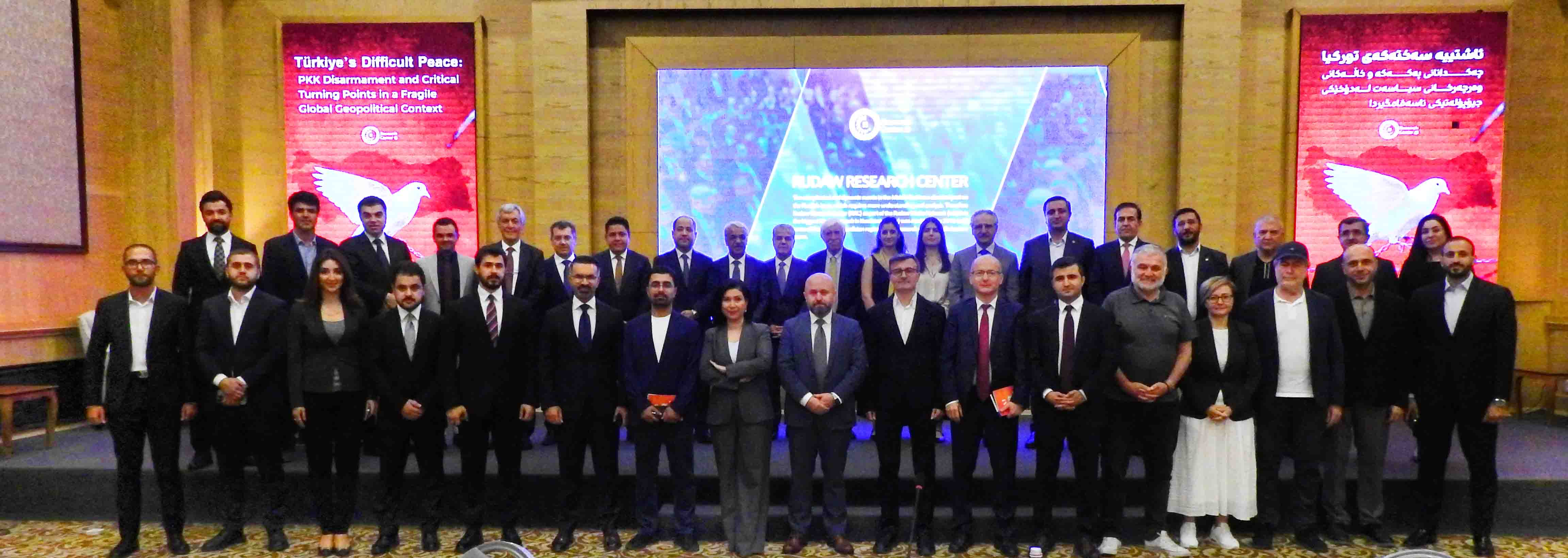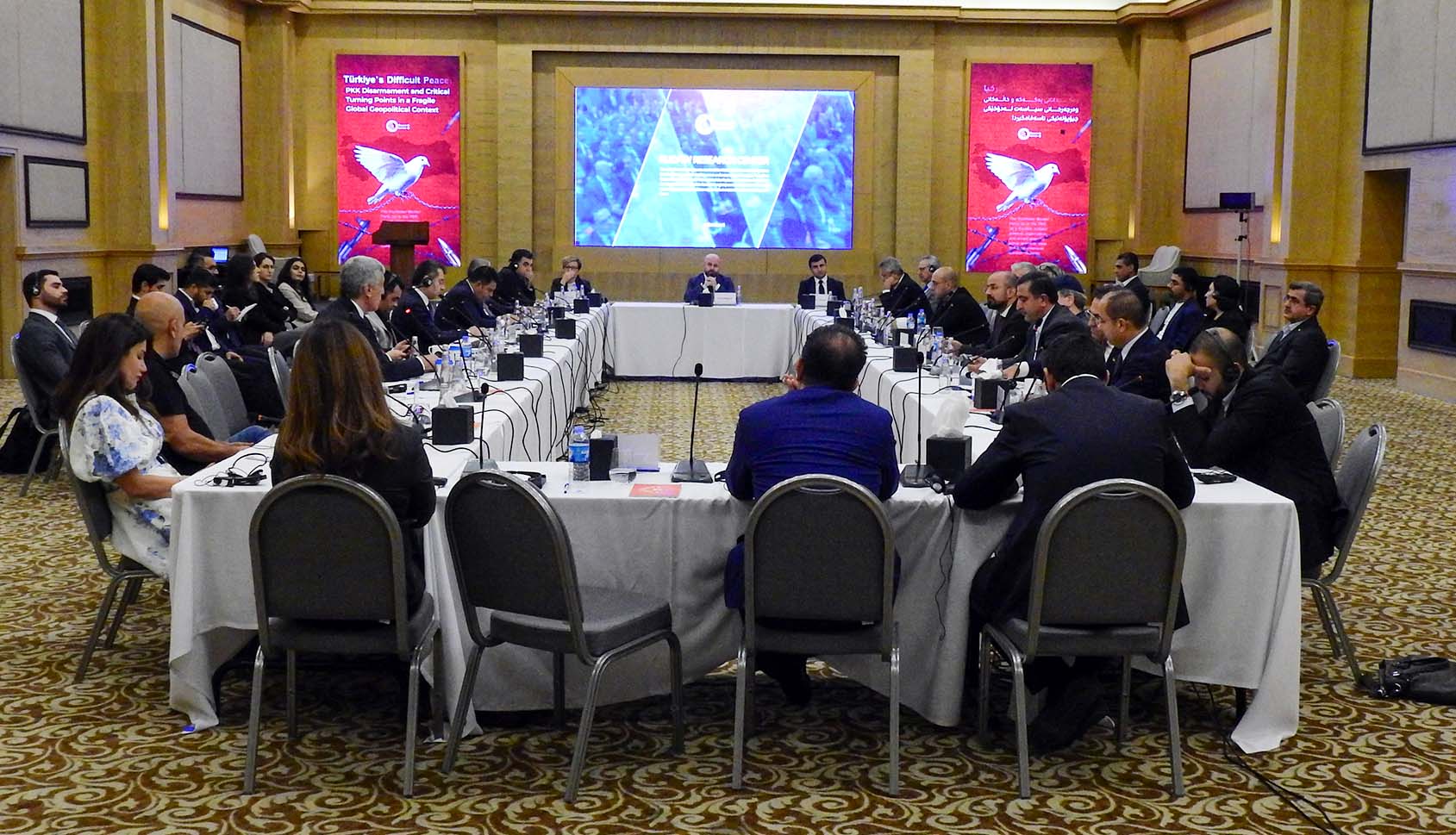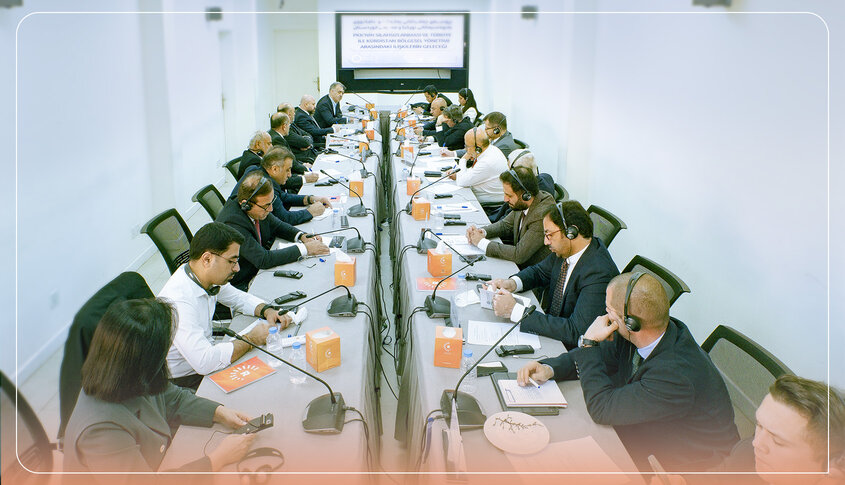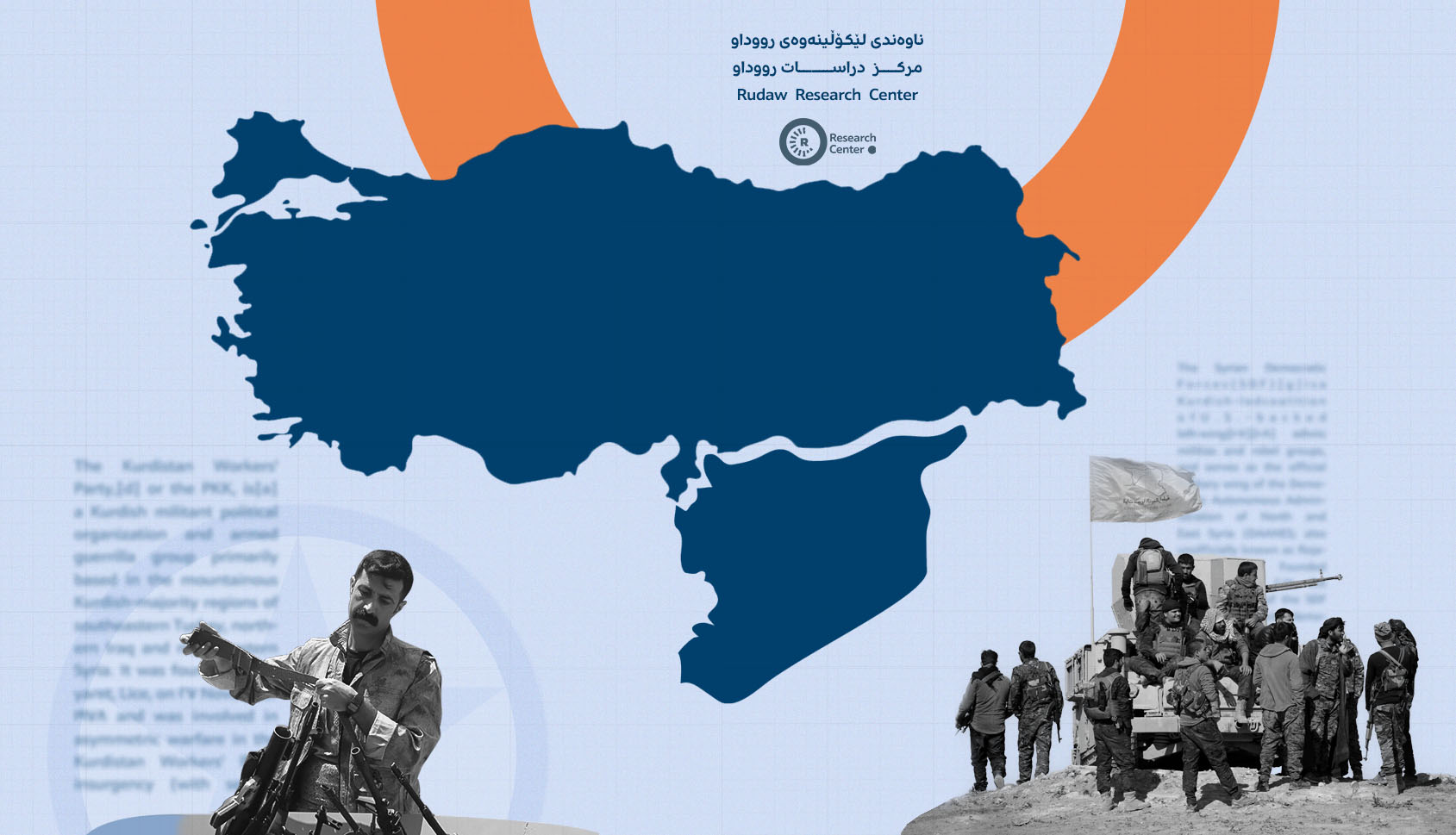From the electoral landscape, two themes distinctly emerged: the profound polarization across different strata of Turkish society and the ascendance of ultra-nationalism
Tomorrow, the DEM Party delegation will visit İmralı for the third time to meet with Öcalan. Normally, two people would visit İmralı, but this time seven people are going: Ahmet Türk, five parliamentarians, and a lawyer. On Friday, the DEM Party invited all its parliamentarians to Ankara. It is said that necessary clarifications about the visit will be made. Has the time for the announcement come, Mr. Zekeriya?
There are no issues in our relations with Erbil. We are grateful. We have had, and continue to have, brotherly relations with the Kurdistan Regional Government of Iraq from the past until now. We have no problems with any of them. We are certainly satisfied with both the current administration and the previous administration’s relations with Turkey. Our views on terrorism are aligned, and we share the same perspective on confronting terrorists.
The Kurdish Barometer is a research project that started in Turkey. First, I would like to provide some brief information about the reason for launching this project. This monitoring mechanism, or poll, is designed to track the attitudes and perspectives of Kurdish society on topics such as identity, emotions, cultural attitudes, and political participation in Turkey. Additionally, one of the main goals is to create a monitoring mechanism and database that specifically tracks data related to Kurds, as Kurdish data often gets lost within the official data of countries.
Panel 13: Peace Talks in Türkiye and the Future of the PKK Armed Conflict after Four Decades

There’s a saying in Turkish: “One who has no doubts about their ablution has no doubts about their prayer.” Even if the President hasn’t explicitly stated such intentions, this tendency may have been observable for quite some time. Still, I cannot say that we, as the DEVA Party, are particularly concerned. However, let me clarify: In the DEVA Party, some individuals—including myself—have roots in the AK Party. Naturally, this background gives rise to certain suspicions, which can be unsettling.
We have an issue in the Kurdistan Region; we are familiar with the national struggle and its consequences, the role of armed movements, and how to engage with such groups. We have always emphasized that taking up arms for a cause—even if it is just—should not be the starting point unless it is absolutely necessary. Especially in this era, armed struggle is not a safe beginning, and when the beginning is unsafe, the end may be unsafe as well. After all, no one produces their own weapons—arms come from somewhere.
Öcalan has led the PKK for more than 46 years, beginning at the age of 30, and this may be one of the key factors behind his political transformation. His experience lends weight to the age theory in civil war outcomes, which posits that as the leaders of armed groups grow older, they become more inclined toward peace and more focused on the legacy they leave behind, rather than on prolonging the conflict. This mirrors the shift made by Yasser Arafat in Palestine toward the end of his life. In practice, Öcalan’s transformation could mark an important step toward ending a prolonged conflict and opening a new chapter in Kurdish politics in Turkey. However, it remains unclear whether this effort will ultimately succeed.
On Monday, September 1, 2025, the Rudaw Research Center organized an event titled “Türkiye’s Difficult Peace: PKK Disarmament and Critical Turning Points in a Global Geopolitical Context.” The discussions focused on the dynamics of PKK disarmament as well as the repositioning and transformation of domestic politics in the Republic of Türkiye.
The PKK disarmament process represents a critical historical test for peace in Türkiye. While this process carries the potential to reshape and transform the country’s domestic political landscape, it also bears significant regional implications—particularly at a time when the world is navigating a fragile and unstable geopolitical environment.
A roundtable discussion titled "The PKK Disarmament Process and the Future Stages of Türkiye-Kurdistan Region Relations" took place on Saturday, October 4, 2025, in Erbil. It was co-organized by the Rudaw Research Center and the Foundation for Political, Economic, and Social Research (SETA). The event was attended by various government officials, political party representatives, and prominent figures from the Kurdistan Region. A delegation from Türkiye, including officials, researchers, and academics, also arrived in Erbil to participate. The attendees shared their perspectives on the peace process. While there were some differences in opinion on specific details, there was unanimous agreement on the broader goal: the people in the region are exhausted by war and long for peace.
From Last Year’s Speech to This Year’s Promise: PKK Disarmament and the SDF Issue in Light of Devlet Bahçeli’s Speeches
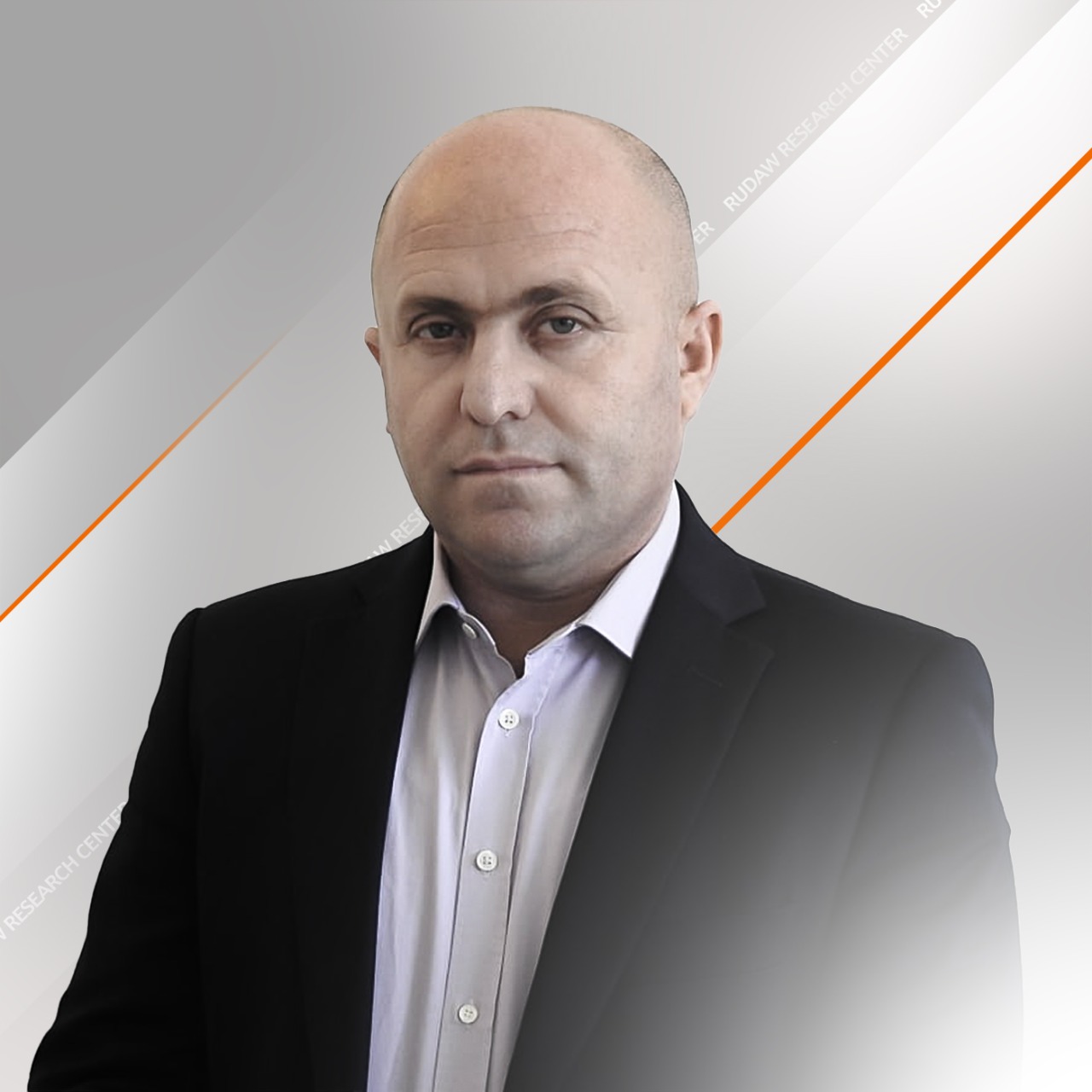
Exactly one year ago today, on a day much like this one, Devlet Bahçeli, the leader of Türkiye’s Nationalist Movement Party (MHP), delivered a speech in parliament that marked the beginning of a new phase in the ongoing conflict between the PKK and the state, a process that continues to this day.

